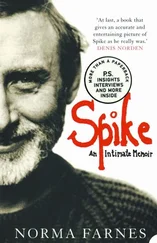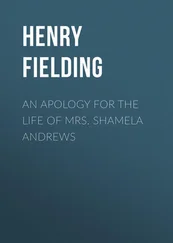The young Jacqueline Bouvier attended Miss Porter’s School, an exclusive boarding school in Farmington, Connecticut, where she was a straight-A student. Upon graduation from Miss Porter’s, she enrolled in Vassar College, in Poughkeepsie, New York, and in 1948 she was named “Debutante of the Year.” Summers were spent at her stepfather’s estate—a twenty-eight-room oceanfront “cottage” in Newport, Rhode Island, called Hammersmith Farm.
She became fluent in French when she spent her junior year of college in France, studying at the Sorbonne in Paris and the University of Grenoble. Upon her return from Europe, Jackie enrolled for her senior year at George Washington University in Washington, D.C., where she graduated, in 1951, with a bachelor of arts degree in French literature.
Two years later she married John Fitzgerald Kennedy, a junior senator from Massachusetts, in a highly publicized wedding in Newport that was deemed the “social event of the year.” Twelve hundred guests attended the lavish reception, which was held at Hammersmith Farm.
I, on the other hand, grew up in North Dakota in a very small town called Washburn. It was a farming community, with a large Norwegian population, and my father, Chris Hill, was the county auditor. My mother, Jennie, was a homemaker, and was devoted to my older sister, Janice, and me. My mother was hearing impaired and we, as family, made adjustments to cope with that situation. We spoke louder and always spoke in front of her so she could see that we were talking to her. She handled this difficult problem very well, but from a young age, I learned to anticipate her needs and was always protective of her.
My mother had long, dark brown hair that hung straight down her back—so different from my jet-black hair that grew in tight curls—but I never thought anything about it, until, when I was about six years old, the girl who lived across the street told me I was adopted.
I didn’t know what “adopted” meant, so I ran inside the house to ask my mother. She tried to explain it in six-year-old terms—how she and my father had driven 240 miles to Fargo in our 1929 DeSoto to the North Dakota Children’s Home for Adoption to choose me from all the other babies, how my aqua blue eyes beckoned to them—but it certainly wasn’t the way she had planned on me finding out. It turned out my sister was also adopted, and my mother was fearful that we wouldn’t feel as loved as if we had been her natural children. The truth was, I was lucky to have been raised in such a loving, stable home.
It wasn’t until many years later—after the world crashed in around me and I was searching for something to cling to—that I returned to North Dakota to meet my birth mother, and learned, as she lay on her deathbed, how I happened to become available for adoption.
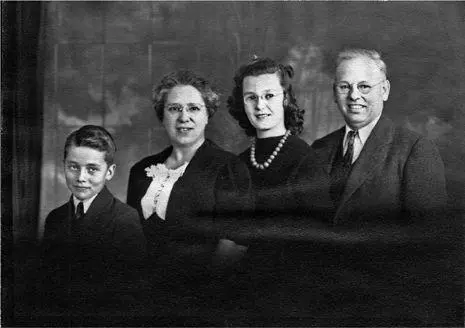
Clint, Jennie, Janice, and Chris Hill, circa 1943
I was the sixth child of Alma Peterson, born January 4, 1932, in Larimore, North Dakota. Seventeen days after my birth, on a cold, snowy day, which happened to also be Alma’s thirty-ninth birthday, she had me baptized in a Lutheran church in Fargo, and then turned me over to the Children’s Home.
By the time I met her, she had suffered a stroke, and the details of the story were told to me by one of my half sisters. It wasn’t clear who my father was, she said, but she remembered Alma sending her to a French Canadian man named Vassau, who was the proprietor of the hotel where Alma was a maid, to collect some money for my birth.
Growing up in Washburn, though, I didn’t know any of this, and it didn’t really matter. I had a great childhood. Even though I never had my own room—I shared the porch with my grandfather and kept my belongings in one drawer of a dresser that was jammed next to the piano—I never went hungry, and was always supported by my family. My adoptive parents were very conservative—they didn’t smoke or drink alcohol—and were quite religious. Our whole family was active in the Evangelical Lutheran Church, where my sister played piano and I was an altar boy.
I attended the public schools in Washburn and was involved in many school activities: I played trumpet in the high school band, sang in the glee club, acted in plays, and played football and basketball and ran on the high school track team. I also played baseball for the Washburn American Legion team and, in my junior year of high school, had the great honor of being selected to attend the Boys State leadership program as the representative from Washburn. In 1950, I graduated from high school and when I left Washburn that fall to attend Concordia College, in Moorhead, Minnesota, the sign at the edge of the city read: WASHBURN POP. 912.
Now, ten years later, I was responsible for protecting the wife of the president-elect of the United States. I realized I had nothing to complain about, and I might just as well get used to it. Little did I know that life with Mrs. Kennedy was going to be anything but dull.
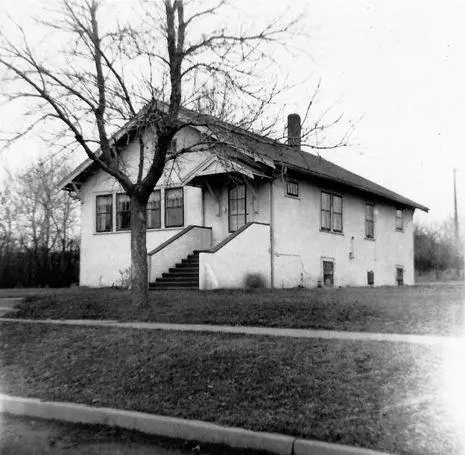
Clint Hill family home, Washburn, North Dakota
2
The Family
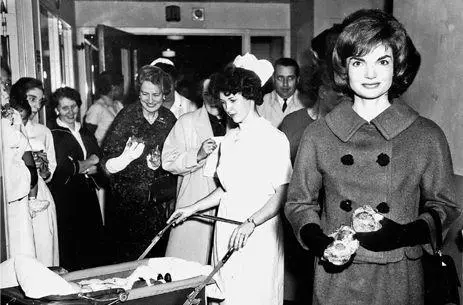
Clint Hill with Mrs. Kennedy and John, Jr. leaving Georgetown Hospital
With every presidential transition, it is not only the first family that changes, but the entire political and personal staff as well. There is a period of adjustment between the Secret Service agents and the incoming administration, which sets the tone for the next four years. It was evident from the beginning that the Kennedy administration would be much less rigid and far more unpredictable than the Eisenhower administration, and even though this was my first experience with a changeover in power, I quickly realized that there were certain people in the Kennedys’ inner circle who could either make my job a whole lot easier or be a constant headache. It was important to get these relationships started on the right foot.
The first staff member I met was Providencia Paredes, whom Mrs. Kennedy introduced as her “personal assistant.” Everybody called her “Provi,” and her duties included doing Mrs. Kennedy’s personal laundry, ironing, packing and unpacking for trips, and everyday errands. Whatever Mrs. Kennedy needed, Provi was there to assist. Originally from the Dominican Republic, Provi appeared to be about my age, and spoke broken English with a heavy Spanish accent. She had a delightful, cheery disposition and we quickly became friends.
One big adjustment for the Secret Service was that there were going to be young children in the White House. Caroline was not quite three years old, yet she too would have her own Secret Service agents. Initially two agents were assigned to the “Kiddie Detail” to protect Caroline, and since she was frequently with her mother, Agent Jeffries and I worked closely with them.
Like her mother, Caroline had been a tremendous asset to Jack Kennedy in his campaign for president, but she was oblivious to the fact that she was now world famous. My son, Chris, was just sixteen months older than the president-elect’s daughter, and even though I was not technically on Caroline’s detail, I was instinctively protective of her. She was a beautiful little girl with sandy brown hair that curled naturally just below her ears, and big, blue eyes that matched her father’s. She was very active and very inquisitive, but perhaps the thing that impressed me most was that even at this young age, she had wonderful manners. This was something that was critically important to her mother.
Читать дальше








